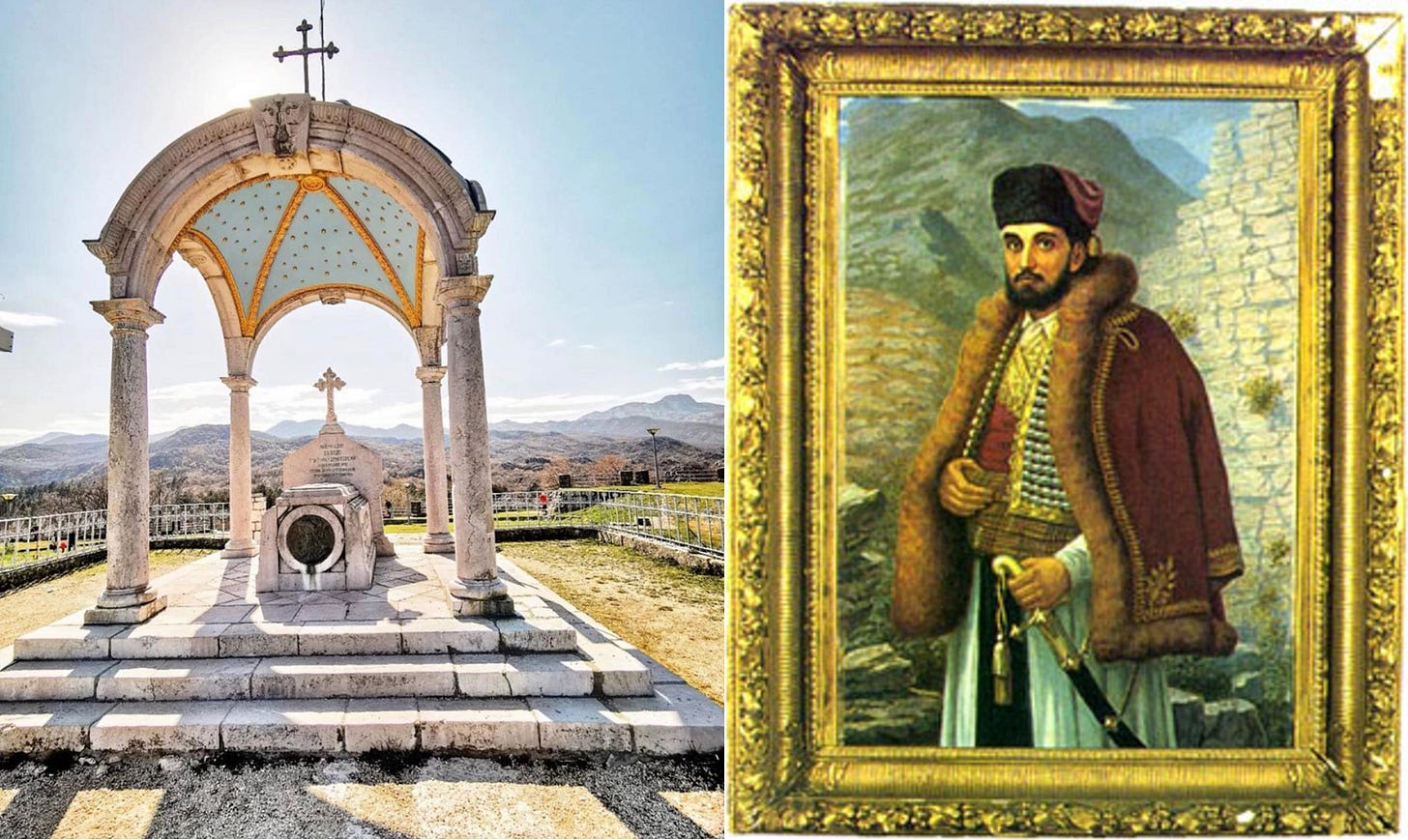Warrior Clerics of the Church
Part 2: Participation of Orthodox Clergymen in military affairs
It is understood universally throughout the Orthodox Christian Church that when one commits to war, and sheds blood on the field of battle - they require cleansing. Such recommendations were given to the soldiers of Israel, whom Moses told in Numbers 31:19:
”And as for you, remain outside the camp seven days; whoever has killed any person, and whoever has touched any slain, purify yourselves and your captives on the third day and on the seventh day.”
A very early Christian Church Father, Saint Isidore of Pelisium, provides us with commentary on this verse from the Old Testament, which references Athanasius’ letter from our previous chapter:
”Although the killing of enemies in wars seems to be legitimate, and monuments are erected to the victors, proclaiming their merits. Nevertheless, if we consider the close affinity between all people, then this killing is not entirely an innocent act”
In the 10th century, described by Roman Emperor Nicephorus Phocas the 2nd (who also happens to be a saint in the Orthodox Church) there is a clear example of priests leading collective prayers of soldiers in a military encampment. His ‘Strategy’ is considered by Orthodox historians as one of the earliest surviving primary examples of the participation of priests in the ranks of a Christian military (pages 38-39).

He states that the military commanders need to make sure that during prayer time, none of their subordinates are distracted by menial tasks during the evening and morning services:
‘the commander should decide in advance…so that in the camp in which the entire army is located, during the doxology and at evening and morning prayers, army priests lead fervent prayers, and the whole army exclaims “Lord, have mercy!” up to a hundred times with the attention and fear of God and with tears; so that no one dares in the hour of prayer by some kind of labor’
The rules around warfare for clergy have always been strict. It is evident as early as the 5th century AD, expressed by the 7th canon of the Holy Council of Chalcedon (also known as the Fourth Ecumenical council), that under threat of anathema (which includes excommunication, de facto) no clergyman or monastic may take up military service nor civil office (Public service, political post). This canon also mentions that those who commit such an offense without repentance are subject to the censure, namely the aforementioned excommunication.
There is an indubitable chain of continuity in Orthodox Tradition regarding the non-participation of clergymen in combat. This stance is reflected not just in the canons, such as the aforementioned 7th canon of Chalcedon, but also in the local statements of saints.
As seen in St Cyprian of Carthage’s 9th Treatise in which he speaks to the high standards by which an Orthodox priest should live:
“Let patience be strong and steadfast in the heart; and neither is the sanctified body and temple of God polluted by adultery, nor is the innocence dedicated to righteousness stained with the contagion of fraud; nor, after the Eucharist carried in it, is the hand spotted with the sword and blood.”
In the 2nd Millennia, certain Orthodox civilizations saw some extreme departures from this rule, specifically in three Orthodox locations:
Montenegro (Serbia)
Greece
Cyprus
This chapter will not go too much into detail regarding the latter two, perhaps warranted under economia, acts by the clergy and monks who took up arms to fight against the Ottoman Imperial oppressors.
Instead there will be an introductory discussion of the ‘Montenegrin phenomenon’, a type of Orthodox Christian involvement of clergy in warfare and politics that has not been seen prior, and has not been seen since.
The prince-bishops of Montenegro were both religious and political figures, and their authority was recognized by both the Ottoman Empire, which ruled much of the region at the time, and by the other European powers. The prince-bishops of Montenegro played a crucial role in preserving the independence and autonomy of Montenegro during the centuries of Ottoman rule.




